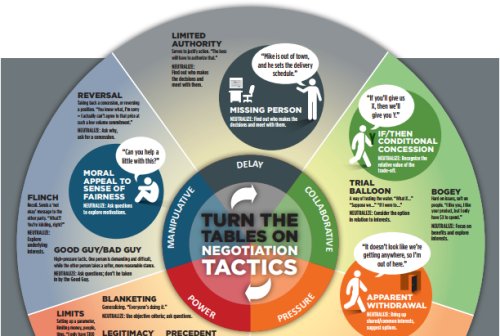Price and service are not the only criteria for establishing vendors or suppliers. All suppliers have standard working agreements. Other benefits, however, are available "only for the asking". A vendor can be a long term partner. Your success and future profits will rely heavily on what they offer on your behalf. This is most important considering the high cost of merchandise and supplies. The initial agreement sets the basis for additional profit.
You need to have a plan for growth so prospective vendors know what they can expect now and in the future. Be sure to only contact vendors capable of supplying necessary merchandise and supplies. Advise each vendor he is one of many suppliers being considered. The potential supplier's attitude toward your company and any future business can be determined by the supplier's response to the benefits you request.
The following are some of the points you should consider when establishing suppliers and vendors. All points might not apply to every vendor product line but if special agreements are not negotiated you will not receive maximum benefits.
- Payment terms - many times the vendor's opening policy will be C.O.D. on all merchandise purchased. However, you should attempt to negotiate along the following lines.
- Request extended billing on the initial order for basic stock; this will help improve cash flow (120 days, 90 days, etc.). And/or request extended billing for a period of restocking. For example, ask for 60 day billing for the first six months and then the maximum they allow after six months
- Discounts - Request the maximum discount for early payment. For example - 2 % - 30days.
- Unit cost - Lowest price possible, negotiate quantity discounts for high volume purchases, find out the point at which the vendor can afford to give you the lowest possible price and factor this amount against your inventory holding costs.
- Cost guarantees - Negotiate the longest possible price guarantee, unless you are dealing in a commodity type market where your price may decrease.
- Freight - always insist on prepaid (the vendor can probably get a better rate then you can) and you also may be able to negotiate freight completely paid by the vendor especially in conjunction with volume purchases.
- Invoice due dates - determined from the date goods are received or the invoice date - whichever is later.
- Cut off dates - merchandise received after the 25th of the month to be considered as received as of the first of the following month and the invoice due dates shall be determined from the first of the month.
- Returns - full credit with no restocking charge for return of excess inventory or late shipment.
- Substitutions - full credit for return of merchandise not ordered.
After negotiating the above points, determine what the supplier will agree to and set a time for the potential vendor to get back to you with a working agreement.
Select at least three suppliers for each product line to meet your merchandise and supply needs.
Check the reliability of the potential supplier through other customers and develop and maintain a file of special agreements with suppliers selected.
The supplier also wants the highest profit attainable and if he can get your business with little or no extra cost he will take it, so remember if you do not negotiate these points you will get the deal that is best for the vendor and not necessarily the best for you and your business.
